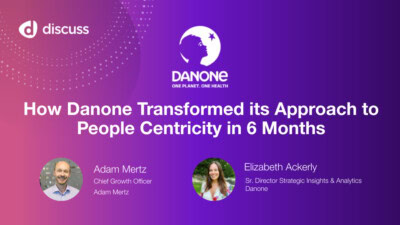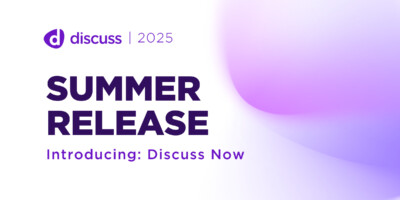Focus Groups Defined

Opinions can be valuable, but consensus is typically much more valuable. Crucial for many a qualitative study, focus group interviews enable businesses to average customer input while also receiving detailed feedback. The method is particularly good for investigating central targets, and there is lots of navigability when selecting participants. Tapping into best available insight, however, depends on numerous factors.
- Multiple participants– While there is no set size, focus groups typically comprise anywhere from six to 10 participants. The idea is to maximize variety while also fostering critical input. No more than six participants is best for maximizing engagement.
- Moderator direction- Encouraging participant feedback is crucial, and focus groups require a moderator to run the show. These researchers maximize clear communication, impartiality, and productive discourse.
- Sufficient time- There will always be extremes and exceptions, but most focus group discussions require between 60 and 90 minutes. Going under 60 minutes leads to less insight, while going over can strain participants and effect their answers.
- Effective structure- Near all formal interviews structure around set questions, and focus groups are no different. Within said structure, however, there also needs to be free-form dialogue. All focus groups should include a good amount of spontaneity.
- Limited contact- Small group dynamics can get complicated quickly. One real hazard, however, is allowing participants to become too familiar with each other. The best answers come from a participant’s own opinion, not one influenced by the rest of the group.
- Multiple sessions with new participants- Focus groups can be stand alone, but this often overemphasizes one group’s input. Multiple sessions with carefully selected, one-off participants is standard.
Product and content development, however, is typically faster and cheaper than traditional focus groups. In fact, weeks of scheduling is commonplace. Similarly budgets for focus group facilities and travel are often quite extravagant. These efforts are also intrinsically more susceptible to human error. Be it timetable hiccups or missed flights, any number of problems can delay a study.
Featuring a web-based platform, Discuss.io minimizes expenses while maximizing consistency and turnaround. Researchers can conduct focus group discussions within 48 hours and at 80% the typical budget. Traveling becomes a moot venture, as do other costs like focus group facilities. Qualitative detail remains persistent too, through the platform’s patented, HD-streaming technology. Offering the same observational detail as the human eye, the video feed allows researchers to fully scrutinize reactions in real time.
A range of specialized tools accompany Discuss.io’s AV capabilities. Finding participants from across the world is simple and fast. Video editing options, meanwhile, allow quick clip-making for entire research teams, who, in turn, can log into the session from anywhere in the world. Capturing video highlights, navigating the archives, and finding sound bites are all far more convenient. All archives, meanwhile, are auto-synced to the video’s transcript, making review far simpler and faster via the platform’s keyword search engine.
Online focus groups also offer one other unique, and critical, benefit to research: remote access for participants. Traditional focus groups are limited by region or require a very large budget. Using a webcam is also less demanding on researchers and participants, as everyone can interact from where they wish. Quite beneficial, as a familiar environment can help participants comfortably explore subjects. As with fast turnarounds and superior cost-effectiveness, Discuss.io’s research method also encourages the best insight available. See the difference by checking out our demo today!
Ready to unlock human-centric market insights?
Related Articles

How to Facilitate Meaningful Insights: Strategies for Effective Focus Group Discussions
Conducting a worthwhile focus group requires a strong purpose and well-defined objectives. This isn’t an ordinary chat; it’s an organized…
Conducting a worthwhile focus group requires a strong purpose and well-defined objectives. This isn’t an ordinary chat; it’s an organized…

How to Optimize Engagement with a Virtual Focus Group: Strategies and Tips
Creating successful engagement in virtual focus groups starts with proper planning. This involves everything from the setup of your digital…
Creating successful engagement in virtual focus groups starts with proper planning. This involves everything from the setup of your digital…

Maximize the number of research projects completed by year’s end: Yes, it can be done
Ask most agencies managing enterprise-level market research (MRX) projects, and they’ll tell you they have a love/hate relationship with their…
Ask most agencies managing enterprise-level market research (MRX) projects, and they’ll tell you they have a love/hate relationship with their…



